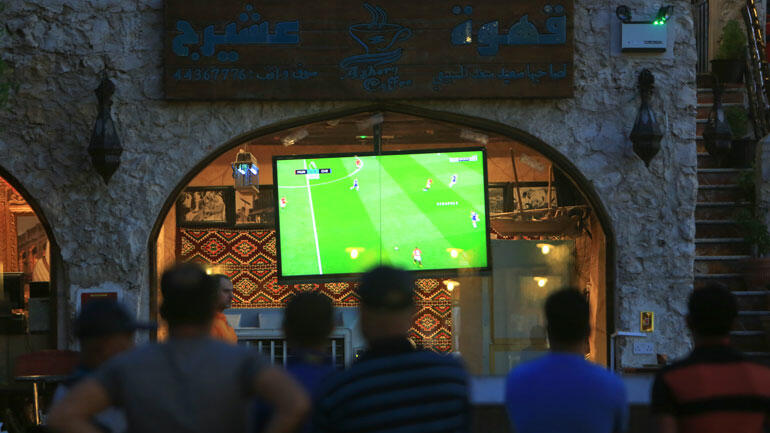We seek to include, but move beyond what we call the "political barometer paradigm" that has dominated studies on football in the Middle East with a focus on the role of football as a provider of one of few arenas where youth gather, taboos are broken and protests erupt.
What has not been sufficiently illuminated through the political barometer paradigm has been the depth of genuine cultural processes during football matches, how symbols have been invented and reinvented, interpreted and reinterpreted. In short: How football may be an arena for the symbolic construction of cultural belonging.
Three fields
Besides an overall theoretical approach, the relations between football and religion in the Middle East will be examined through empirical studies of three separate analytical fields:
1. Ideological discourse on football
2. Local organization of football, physical education and physical activity
3. Spectator culture, including media/social media
Islamism and religion
Islamism, the belief that Islam should guide social and political as well as personal life, became a dominant ideological, social and moral force in the Middle East in the aftermath of the Arab defeat to Israel in 1967. Islamism has for nearly fifty years constituted not only the strongest political opposition movement in the Middle East, but also the strongest cultural movement. Yet Islamists have problems coping with popular quests for fun and entertainment.
Football is the world's largest sport and tremendously popular throughout the Middle East, which has largely been regarded as morally corrupt by Islamist clerics. This lack of adaptation to both local and global football cultures alienate many Middle Easterners, especially young people.
Pioneering
To overcome the crisis in the Islamist movement after the Arab spring in 2011, Islamists have to come to terms with the cultural challenges to their ideological hegemony in the area. This is thus a pioneering study of what is ultimately about the future of Islamism as the dominant cultural and political movement in the Middle East.
In this study we compare how three Islamist currents, Neo-Shiism in Iran and Lebanon, Wahhabism in Saudi Arabia and Wasatism in Egypt, respond to football through three analytical fields: Theological discourse on football, local organization of football and spectator culture.
